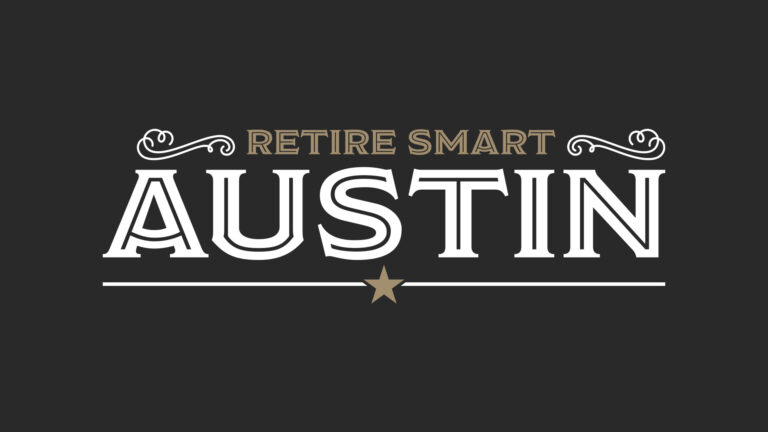- Who We Are
- Empower Solutions
- Media Library
-
- TV Show
- IRA Blog
- Weekly Market Commentary
- Weekly Newsletter
Featured
What's New
Navigating retirement can be overwhelming given uncertainties like market volatility, inflation, life...KEY POINTS An improving economy has helped modestly improve the outlook for Social Security’s funds. But...No posts found
-
- Events
- Form CRS
- Contact




